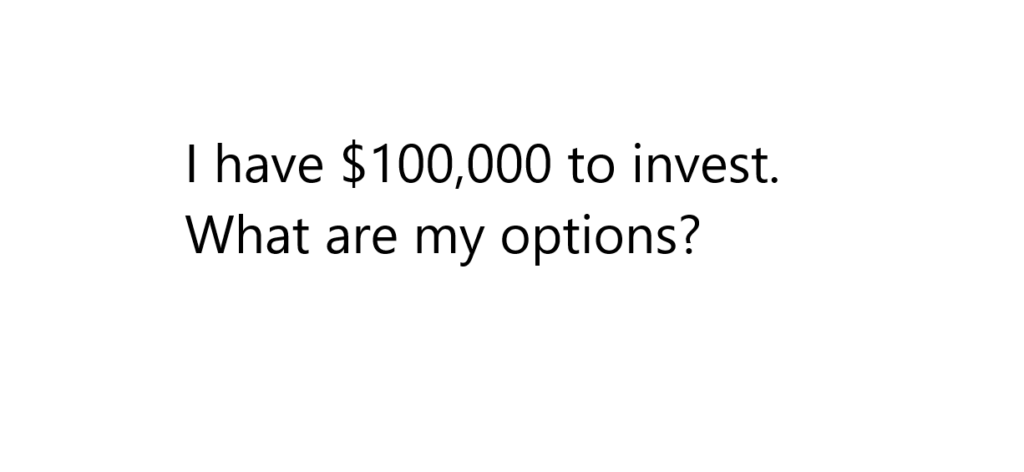
1. Stock Market
- Individual Stocks: You can buy shares of individual companies, which means you own a small part of that company. This can be exciting but requires you to do some homework to pick the right companies.
- Index Funds/ETFs: These are like baskets of many different stocks. They follow the performance of an entire market index, like the S&P 500. They’re a simple way to invest in many companies at once.
- Dividend Stocks: Some companies share their profits with investors regularly through dividends. Investing in these companies can give you a steady stream of income.
2. Bonds
- Government Bonds: These are loans you give to the government, which they pay back with interest. They’re usually very safe investments.
- Corporate Bonds: These are loans to companies. They can offer higher returns than government bonds but come with a bit more risk.
- Municipal Bonds: These are issued by local governments and often offer tax-free interest, making them attractive for some investors.
3. Real Estate
- Direct Property Investment: You can buy a house or commercial property to rent out. This can provide regular rental income and the potential for the property value to increase over time.
- Real Estate Investment Trusts (REITs): If you don’t want to manage a property yourself, you can invest in companies that own real estate. These companies pay dividends from the rent they collect.
4. Mutual Funds
- Actively Managed Funds: These are run by professional managers who try to pick the best investments to outperform the market.
- Passively Managed Funds: These simply try to mimic the performance of a specific market index, offering lower fees and steady returns.
5. Retirement Accounts
- 401(k) or IRA: These accounts help you save for retirement and come with tax benefits, either reducing your taxes now or in the future.
- Roth IRA: With a Roth IRA, you pay taxes on your contributions now, but your money grows tax-free, and withdrawals in retirement are tax-free too.
6. High-Yield Savings Accounts and Certificates of Deposit (CDs)
- High-Yield Savings Account: These accounts offer higher interest rates than regular savings accounts, helping your money grow faster while still being safe.
- CDs: These are like savings accounts but with a fixed interest rate for a set period. They’re a secure way to earn interest if you don’t need immediate access to your money.
7. Peer-to-Peer Lending
- P2P Platforms: You can lend money directly to individuals or small businesses through online platforms and earn interest on these loans.
8. Cryptocurrencies
- Bitcoin, Ethereum, etc.: These are digital currencies that can be very volatile. Investing in them can be risky, but they have the potential for high returns.
9. Precious Metals
- Gold, Silver, etc.: Investing in physical metals or funds that track their prices can be a way to protect your wealth against inflation.
10. Alternative Investments
- Art, Collectibles, etc.: Investing in unique items like art or antiques can be fun and profitable if their value increases over time.
- Private Equity or Venture Capital: Investing in new or private companies can be risky but can also offer high returns if the companies succeed.
11. Education and Skill Development
- Courses and Certifications: Investing in your own education and skills can pay off by increasing your earning potential and career opportunities.
Diversification
It’s wise to spread your investments across different types of assets to reduce risk. A mix of stocks, bonds, real estate, and other investments can help you achieve a balanced portfolio.
Financial Advisor
Consider talking to a financial advisor who can help you create a personalized investment plan based on your goals and comfort with risk. They can provide expert advice to guide your investment decisions.
